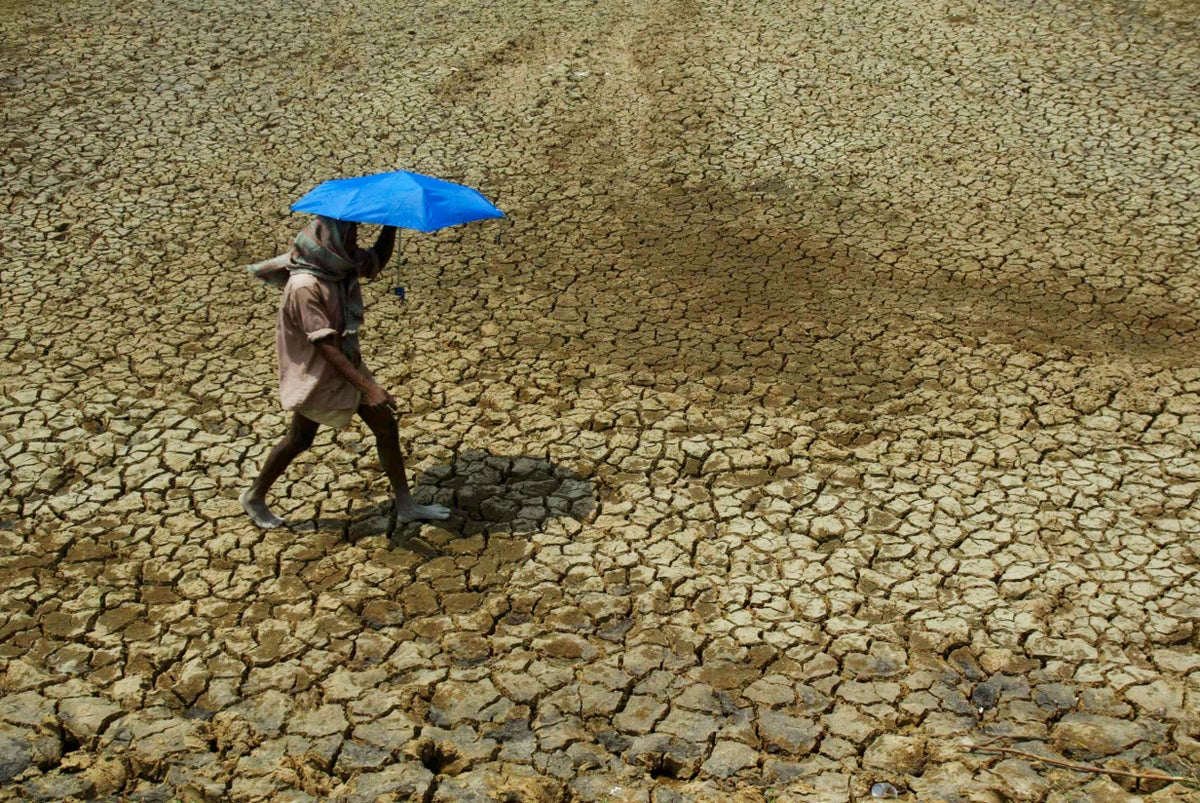
Tense negotiations at the final meeting on a climate-related loss and damages fund — an international fund to help poor countries hit hard by a heating planet — ended on Saturday in Abu Dhabi, with participants agreeing that the World Bank would temporarily host the fund for the next four years.
The United States and several developing countries expressed disappointment in the draft agreement, which will be sent for global leaders to sign at the Cop28 climate conference, which begins in Dubai in December.
The US State Department, whose officials joined the negotiations in Abu Dhabi, said in a statement it was “pleased with an agreement being reached” but regretted that it does not make contributions to the fund voluntary.
The agreement lays out basic goals for the fund, including for its planned launch in 2024, and specifies how it will be administered and who will oversee it, including a requirement for developing countries to have a seat on the board, in addition to the World Bank's role.
Avinash Persaud, a special envoy to Barbados Prime Minister Mia Mottley on climate finance, said the agreement was “a challenging but critical outcome. It was one of those things where success can be measured in the equality of discomfort.” Persaud negotiated on behalf of Latin America and the Caribbean in the meetings.
He said that failure to reach an agreement would have “cast a long shadow over COP.”
Mohamed Nasr, the lead negotiator from Egypt, last year’s climate conference host, said, “It falls short on some items, particularly the scale and the sources (of funding), and (an) acknowledgment of cost incurred by developing countries.”
The demand for establishing a fund to help poor countries hit hard by climate change has been a focus of UN climate talks ever since they started 30 years ago and was finally realized at last year’s climate conference in Egypt.
Since then, a smaller group of negotiators representing both rich and developing countries have met multiple times to finalize the details of the fund. Their last meeting in the city of Aswan in Egypt in November ended in a stalemate.
While acknowledging that an agreement on the fund is better than a stalemate, climate policy analysts say there are still numerous gaps that must be filled if the fund is to be effective in helping poor and vulnerable communities around the world hit by increasingly frequent climate-related disasters.
The meetings delivered on that mandate but were “the furthest thing imaginable from a success,” said Brandon Wu of ActionAid USA who has followed the talks over the last year. Wu said the fund “requires almost nothing of developed countries. ... At the same time, it meets very few of the priorities of developing countries — the very countries, need it be said again, that are supposed to benefit from this fund.”
Sultan Al Jaber, a federal minister with the United Arab Emirates and CEO of Abu Dhabi National Oil Company who will oversee COP28 next month, welcomed the outcome of the meetings.
“Billions of people, lives and livelihoods who are vulnerable to the effects of climate change depend upon the adoption of this recommended approach at COP28," he said.







